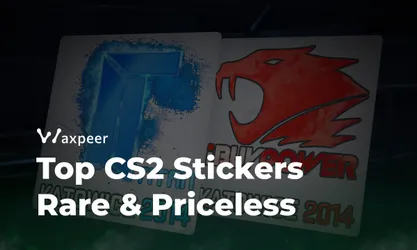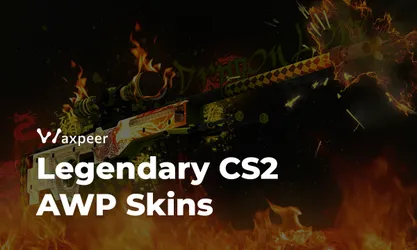Nvidia’s Historic Loss: What It Means for Gamers and the CS2 Community
Nvidia recently faced a record-breaking $280 billion market cap loss after a DOJ antitrust investigation. The company is accused of monopolizing the AI chip market.
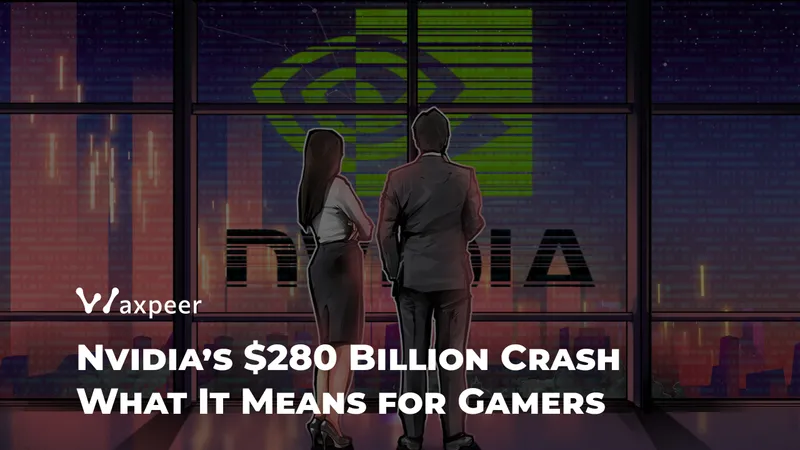
Nvidia, the tech giant renowned for revolutionizing AI and gaming hardware, recently experienced a catastrophic market loss, wiping out $280 billion of its market value in a single day. This historic drop is now the largest one-day loss for any company in U.S. history . The financial tumble came in the wake of a subpoena from the U.S. Department of Justice (DOJ), which is investigating Nvidia for alleged antitrust violations. According to the DOJ, Nvidia has been using monopolistic practices that made it difficult for businesses to switch to other AI and chip providers. This monopoly, while lucrative for Nvidia, has severely impacted gamers, raising prices and slowing the pace of gaming hardware improvements .
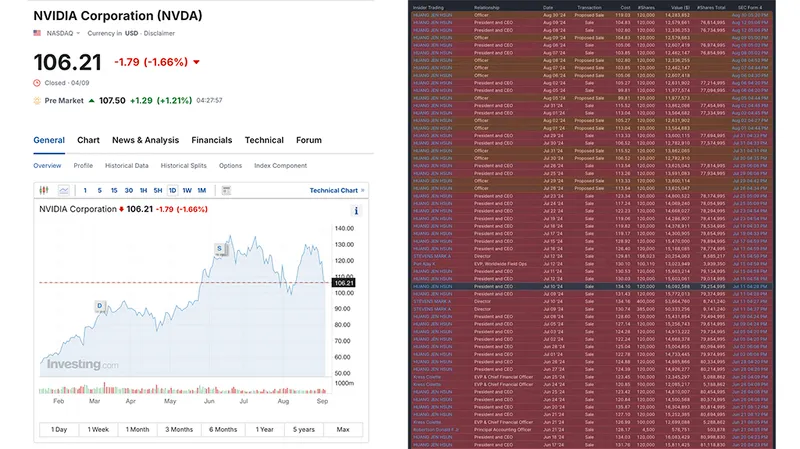
The Allegations Against Nvidia
The DOJ claims Nvidia leveraged its dominance in the AI and chip market to edge out competitors, leading to inflated prices and slower advancements in crucial sectors, including gaming. Nvidia’s role in the AI boom has undoubtedly brought immense financial success to the company. But in the process, gamers have suffered from increased GPU costs and a lack of significant improvements in hardware performance. In simpler terms, as Nvidia filled its coffers through AI-related ventures, it “betrayed” the gaming community, leaving them to pay higher prices for increasingly stagnant gaming hardware .
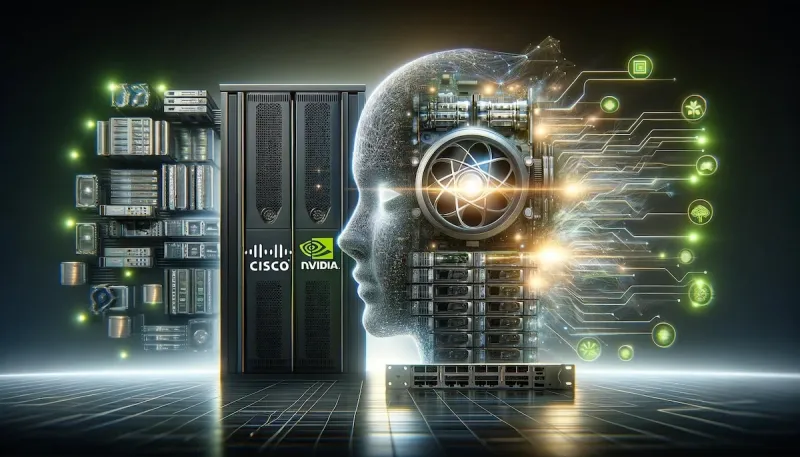
The investigation by the DOJ is an escalation of prior concerns. Initially, the DOJ had only issued non-binding requests for information, but with the subpoena, Nvidia is now legally required to disclose company practices that may have contributed to its dominance over the AI and gaming markets. CEO Jensen Huang has defended Nvidia’s strategy, stating that prioritizing customers who use Nvidia products helps prevent stockpiling and speeds up the installation of their tech . However, critics argue that this approach has had a detrimental effect on the gaming industry.
How Gamers Have Been Affected
For gamers, Nvidia’s grip on the GPU market has directly translated to higher costs and slower improvements. The DOJ’s investigation suggests that Nvidia’s monopoly made it harder for other companies to innovate, leaving gamers with fewer options and higher prices for graphics cards. Nvidia’s GPUs, like the RTX series, are essential for running graphics-heavy games like Counter-Strike 2 (CS2). But as GPU prices rise and technological improvements lag, gamers are left paying more for hardware that isn’t keeping pace with the demands of modern gaming.
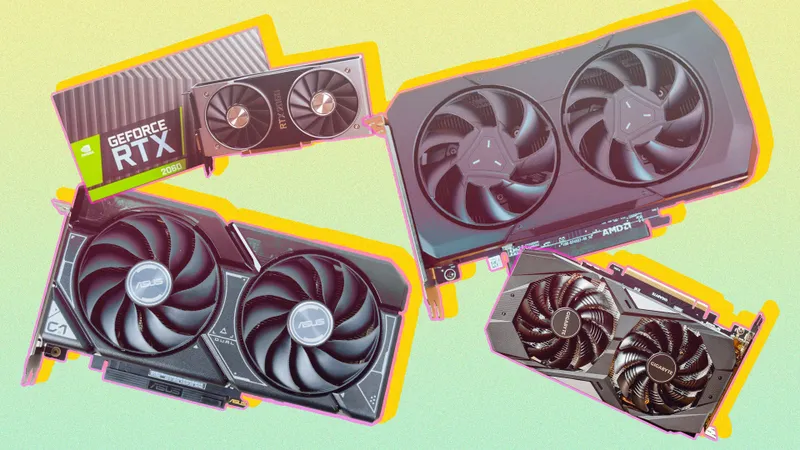
For example, while Nvidia’s GPUs are central to high-end gaming setups, the DOJ claims the company’s monopolistic behavior is making it harder for gamers to access these technologies at reasonable prices. With CS2 requiring top-tier graphics for peak performance, the prospect of paying even more for Nvidia’s products is frustrating for many in the gaming community. This could also affect gamers who rely on platforms like Waxpeer, where competitive CS2 players buy and sell skins. The increased cost of hardware might discourage some players from staying on the cutting edge, potentially impacting their competitiveness in the game.
Is There a Way Out?
The DOJ’s investigation into Nvidia could bring about changes in the gaming hardware landscape. If the antitrust probe succeeds in curbing Nvidia’s monopolistic behavior, it may open the door for other companies, like AMD, to become more competitive, which could drive down prices and accelerate innovation in the gaming sector. Gamers could potentially benefit from more affordable GPUs and faster technological improvements if the market becomes more balanced.
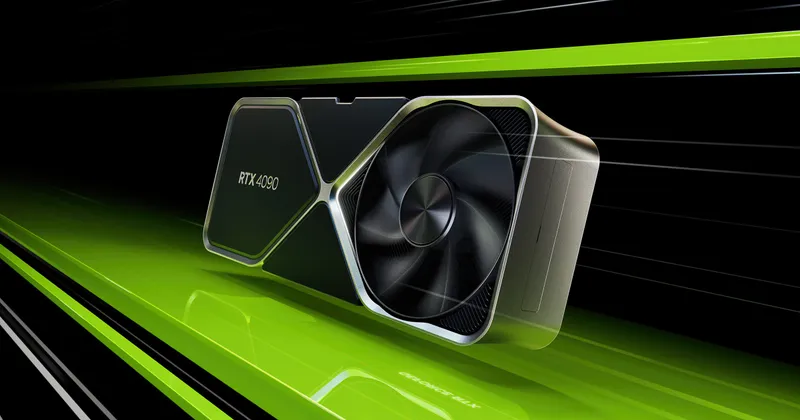
In the meantime, gamers and tech enthusiasts should keep a close eye on how this investigation develops. As Nvidia’s legal troubles continue, there may be opportunities to explore alternative hardware solutions, like AMD’s GPUs, which are gaining recognition as competitive options.
For platforms like Waxpeer, which cater to a large community of gamers, staying informed about these developments is essential. The potential rise in hardware costs could impact users’ ability to stay competitive in games like CS2 and Rust. For now, Waxpeer remains a reliable platform for buying and selling skins, but understanding how hardware costs and gaming technology evolve is key to staying ahead in the competitive gaming world.
What’s Next for Nvidia and Gamers?
While Nvidia’s market dominance faces legal scrutiny, gamers should prepare for potential shifts in the market. The DOJ’s investigation could lead to significant changes, from more competition in the GPU space to possible adjustments in pricing strategies. However, the fallout from Nvidia’s monopolistic practices might be felt for some time before the gaming community sees relief.
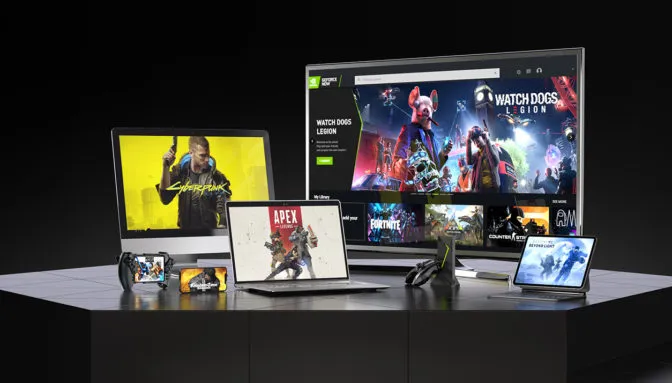
In the short term, gamers should consider diversifying their options, looking into alternative hardware providers like AMD, and closely following any legal updates from the DOJ’s case against Nvidia. Whether this will lead to a more competitive market, with lower prices and faster advancements, remains to be seen, but it is clear that the gaming community is deeply intertwined with these developments.
Stay connected with Waxpeer as we continue to track how the gaming landscape evolves in the wake of Nvidia’s ongoing legal battle. Our platform remains a go-to for buying and selling CS2 and Rust skins, ensuring that gamers can keep their collections fresh, no matter what changes lie ahead.



